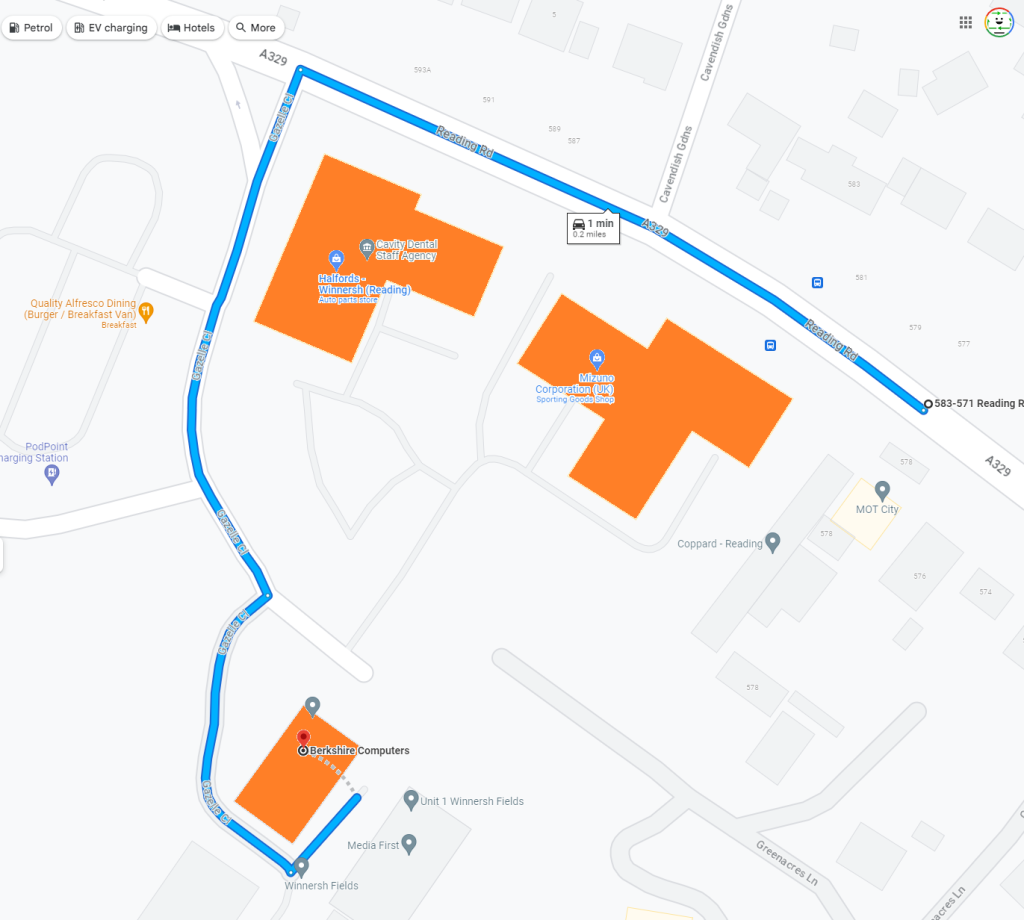Is Your College Monitoring Your Devices? Understanding the Concerns
Starting college can be an exciting time filled with new experiences, but it can also come with its share of anxiety, especially regarding privacy and security. A recent concern raised by a student highlights the possible implications of using institutional accounts on personal devices. Here’s a look at the issue and what you should know.
The Background
As students venture into collegiate life, many are provided with Microsoft accounts for academic purposes. This includes access to platforms such as Microsoft Teams and Office 365. However, a fourth-year student has raised an alarming scenario that many might find relatable.
Upon logging into her personal computer for the first time using the college-provided Microsoft account, she was prompted to consent to install monitoring Software. Naturally, she declined this offer, as this is her private device, not a school-owned one. However, the worry didn’t end there. After attempting to use her college email via Outlook on her phone, which also requested access to files and media, she decided to log out due to privacy concerns.
The Dilemma
Her situation became even more troubling when she noticed the following changes on her device:
- The start menu now prominently displays the college’s logo.
- Google tabs occasionally indicate that the content is being shared, despite her not initiating any sharing actions.
These occurrences have led her to question whether her personal computer might have been reclassified as a college device, thereby placing her privacy at risk.
Seeking Clarity
For students navigating this complicated landscape, understanding the implications of using college-issued accounts on personal devices is crucial. Here are some key considerations:
-
Monitoring Software: It’s critical to review the agreements or terms provided upon login. If monitoring Software is involved, it may indeed have the ability to track device usage or share data.
-
Device Ownership: Despite using a college account, your personal device should remain yours. If you feel that there are alterations to how your device operates or displays information, it may be worth consulting your college’s IT department.
-
Email Configurations: If privacy settings impede your ability to use essential applications like Outlook, there may be alternative configurations or workflows that allow you to maintain access while safeguarding your privacy.
-
Open Communication: If any monitoring or tracking policies exist, your institution should be transparent about them. Engaging with your college’s administrative office or IT support can provide clarity and possibly suggest solutions.
Conclusion
Share this content:



